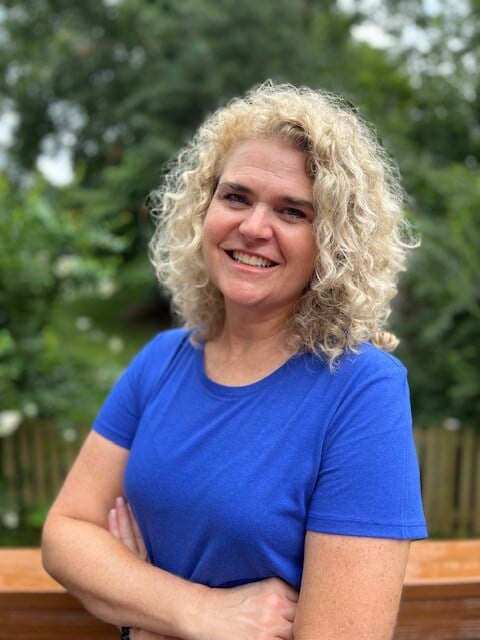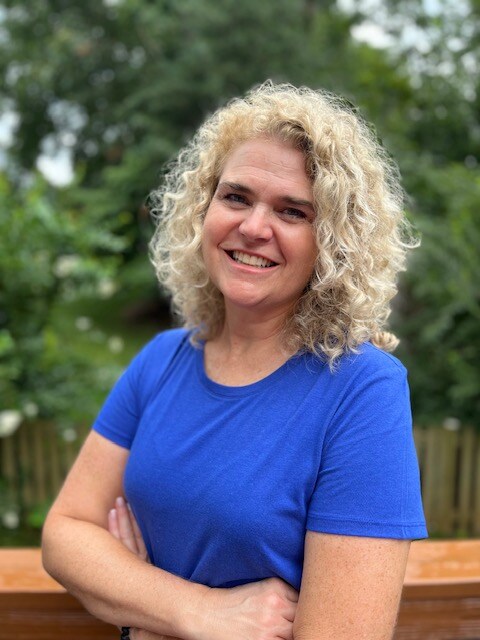By Julie Green Bataille, Senior Vice President of Communications
Health care is personal. It’s also complicated – full of jargon and disconnection. All too often, it doesn’t make sense and isn’t designed with patients in mind.

As a mom of four kids and daughter of aging parents, including one who recently passed away after a long battle with Parkinson’s disease, I’ve seen firsthand the difference that having access to high quality health care has meant for me and my family. And I’ve also experienced when the system breaks down, is overwhelming to navigate and isn’t coordinated in a way that helps us make the best decisions for loved ones.
I’ve spent the past decade helping ensure that more Americans can access high quality, affordable health coverage by implementing key provisions of the Affordable Care Act that created new coverage options and programs to incentivize better care. That work has meant explaining new policies and programs in ways that people could understand, putting in place support to help individuals navigate a complicated process, and helping individuals and families overcome barriers that had prevented them from accessing care (such as costs, confusion and not knowing where to go or who to trust for information). This almost always involves listening to audiences so communications can meet them where they are.
As one example, when the federal government and states launched the health insurance exchanges across the country, they were branded individually with consumers in mind, using research to inform our decision to call them “Marketplaces” and describe them in a way that tapped into what consumers wanted: a place where people could shop for and compare plans all in one place to pick the one that was best for them. This also meant finding ways to relate to our audiences by leveraging testimonials of those who completed the process and what that coverage meant to them – more than ten years later, it’s gratifying to see the ongoing stories of individuals and families who now count on HealthCare.gov as the place to find affordable, high quality coverage.
In the years since, I’ve been proud to have helped enroll millions of people in Marketplace coverage, expand Medicaid and enroll newly eligible individuals, and launch other new programs, including alternative payment models, designed to make the system work better for patients. Yet I know there is much more to do to make sure that insurance translates into access to care that is compassionate, coordinated, proactive and ultimately leads to better health and well-being.
In my own family and in my work, I’ve heard directly from people desperate to get health insurance about how grateful they were to finally see a doctor and take care of critical unmet care needs without going bankrupt. I’ve had doctors and other clinicians share their perspective on what good care looks like when they make a diagnosis early and treat problems before they become emergencies. I’ve been privileged to tell their stories – and showcase the positive impact that access to high quality health care has on their lives.
It’s also an exciting time to think about how and where to tell stories – and the myriad channels available to do so. The communications landscape, like health care and so much in our lives, is rapidly evolving with advances in digital media changing our behavior. We’ve all seen how our own use and consumption of information has changed in recent years, with the ability to self select content and most of us likely on our phones and computers simultaneously while also listening to music, podcasts or watching television. All of this provides opportunities for us to leverage in telling the Aledade story.
As I join Aledade, I bring these personal and professional perspectives with me and a desire to tell the story of how you are helping deliver better care every day to more and more patients. It’s not enough just to have health insurance coverage. We must ensure access to high quality, patient-centered care. That’s why I am excited to join a team working to make the underlying system work better for all those it serves. I’m eager to dive in to learn more from all of my colleagues at Aledade and the practices we serve, and partner with them to tell the personal stories of how this change is making a difference in the lives of more families every day.
Connect with us!
Start planning your value-based care journey now
Thousands of your primary care peers are choosing Aledade as their value-based care partner. Let our experts show you why.

